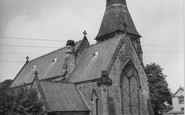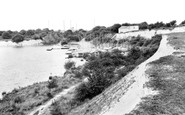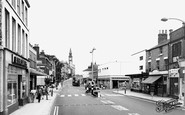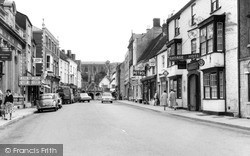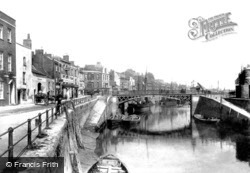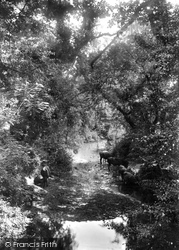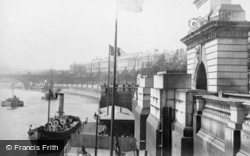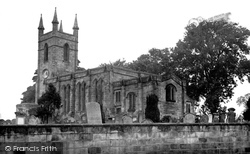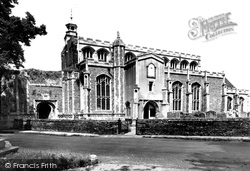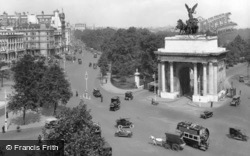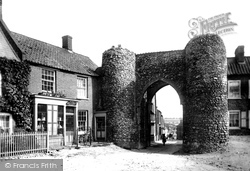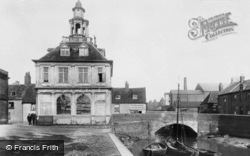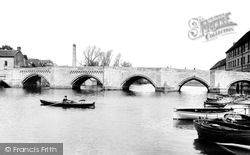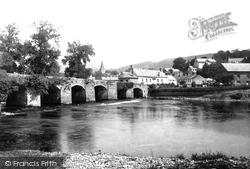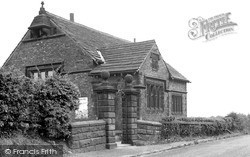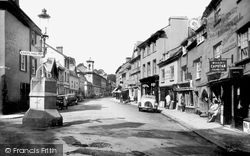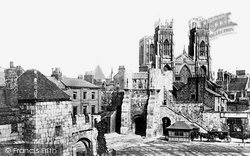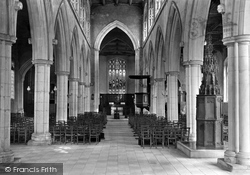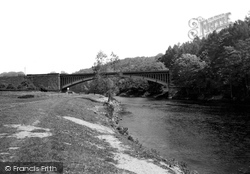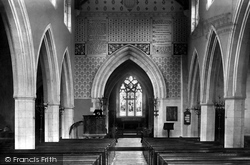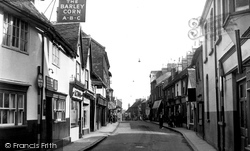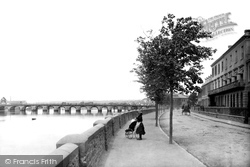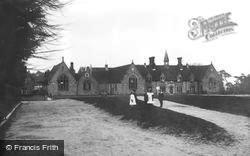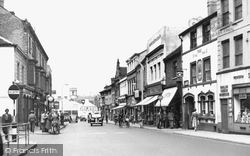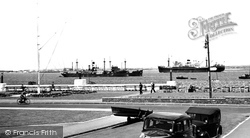Places
Sorry, no places were found that related to your search.
Photos
5 photos found. Showing results 321 to 5.
Maps
83 maps found.
Books
Sorry, no books were found that related to your search.
Memories
1,128 memories found. Showing results 161 to 170.
Parents Live3d Here From About 1914 Till 1933
Tracing my family history and led to Great Ayton. My G/mother..Anne Eliza Stabler and my G/father Frederick Henry Stabler lived in Church St...... now Guisbro Road??? Found her unmarked grave ...Read more
A memory of Great Ayton in 1930 by
Part 8
Entertainment The Men: Mostly the pubs provided a good range of entertainment with darts, dominoes and cards being played. Some men kept greyhounds or whippets for racing, but generally gardening took up a lot of their time, as ...Read more
A memory of Middle Rainton in 1945 by
Part 9
Most of the family would help to do this, it took several weeks to complete. Some looked very good according to the people’s skill. The Children All played together, boys and girls, all age groups and all stayed out until called ...Read more
A memory of Middle Rainton in 1945 by
Part 11
And had an inter-house sports day annually that was highly contested. The school was divided into four houses, St Columbus, St Aiden, and St Patrick and St Cuthbert’s. Church attendances were very high, poor Fr. Tuohey had to give ...Read more
A memory of Middle Rainton in 1945 by
Asylum Road Arlesey
Alma Allen was born at home in Asylum Road, Arlesey, now called Hospital Road. They later moved in with Herbert's dad, Big Jim, who lived in the Gothic Farm House that was at the bottom of the yet to be built Lynton ...Read more
A memory of Arlesey in 1930 by
Grandad
Can anyone remember my grandad Mark Gregory? He had an Antique or Second Hand shop called The Mart, he died when I was young. I am doing a family tree and need to find as much info as possible about him to enable me to continue my search as I lost my father in 2004. Thank you
A memory of Chorley in 1960
The N.H.S. Early Years To Retirement
The Transport Department at Southmead Hospital when I joined them consisted of an officer, foreman, and four porter drivers, with two buses, three vans, and two cars. We were responsible for ...Read more
A memory of Bristol in 1960 by
Phil & John's Amazing Journey Part 1 Infant School Memories
How many of us as fresh faced five year olds, on our very first day at school, look around the classroom and think ‘will any of these children be classed as ‘true’ friends fifty years from ...Read more
A memory of Groby in 1961
My Childhood Holidays In Abercwmboi
I was born in 9 Graig Terrace, Abercwmboi at my grandparent's house; Charles William and Elizabeth Mary Davies. My mother was Christabel Viola Davies, (married name Mills). We moved to Penwaun when I was ...Read more
A memory of Abercwmboi in 1951 by
Remembering Rose Collins..
Yes I fondly remember Rose Collins working at the Queens Hall Cinema - sometimes she would let us under age kids in for an "A" film as long as we sat next to an adult who didn't mind having kids next to them. I lived in ...Read more
A memory of Brentford by
Captions
1,233 captions found. Showing results 385 to 408.
Also on the right is the arched coach entrance to the George Hotel.
The main port lay north of this point, since a medieval three- arched stone bridge blocked the further passage of tall craft upstream along the River Parrett; even in the early 20th century,
Bathpool is now very much a suburb of Taunton, with the spread of the Somerset town on one side and the M5 motorway on the other.
Bazalgette also designed the Temple Pier and its arch of 1868.
Though St Mary's contains a Norman chancel arch, much of the building dates from John Dobson's restoration of 1828-29.
The western tower was started later in 1525 with a stone base and, as at nearby Dedham, a vaulted ground floor with processional arches in the north and south sides.
The arch of this impressive monument was originally crowned by Wyatt’s colossal equestrian statue of the England’s military darling, the Iron Duke.
Spanning the narrow street of this hill-top village, which rests high on the chalk uplands overlooking the River Nar, is this monumental arch, ancient gateway to the castle, which lies ruinous close by
It began life as the Merchants' Exchange, with an open-arched arcade on the ground floor. This was blocked in 1718 when the building was converted for use as a Customs House.
The arch of this impressive monument was originally crowned by Wyatt's colossal equestrian statue of the England's military darling, the Iron Duke.
The stone, six-arched bridge was built in 1332, and was only superseded in 1975 when the new bypass flyover was built.
It is a curious fact that the side shown in the picture has thirteen arches, whilst the other side has one fewer.
Viewed from the west, the façade of the west front is dominated by the Great West Window and the Triple Arch Door.The west front of many cathedrals were intended to be showpieces.
Built in 1877 for a much smaller community, its facilities had failed to keep pace with its teaching standards.
The building on the right with the granite arch is now A R Church, an ironmonger's, but was once the Mermaid Inn and played host to the Parliamentarian General Fairfax during the Civil War.
The stone-arched building on the right was the postern tower built in 1497 on St Mary's Abbey walls; it is now an office for First York Buses.
A huge iron chandelier now hangs from the central arch.
Victoria Bridge, on the Severn Valley railway line from Bewdley to Bridgnorth, has a span of 200 feet; when it was built in 1862, it was considered the largest cast iron single arch bridge in the world
The stencil work and texts above and around the chancle arch, including the Ten Commandments, are now hidden by modern paintings of 1970 by John Ward showing scenes from the Holy Week and creating a more
In this photograph we head north-east out of Market Square along Cambridge Street, once known as Bakers Lane, a road that haas seen much change since the 1950s.
Its 16 arches vary in size, a fact that is traditionally attributed to the varying lengths of the timber used as scaffolding during its construction. It has been widened several times.
Later all the decorative work - finials, dormers, chimneys and belfry - was removed, leaving a much plainer facade, but the school survived until 1990, afterwards being adapted as Chequer
However, restoration work was carried out between 1854 and 1875, saving the Norman nave and chancel arch. The Norman-style font actually dates from 1856 and the reredos from 1910.
Moving into the Thames Estuary, the river passes Erith, a much rebuilt and rather forlorn remnant with its medieval church of St John the Baptist; the town is now joined by development inland to Bexley
Places (0)
Photos (5)
Memories (1128)
Books (0)
Maps (83)

